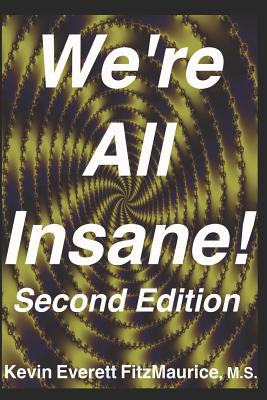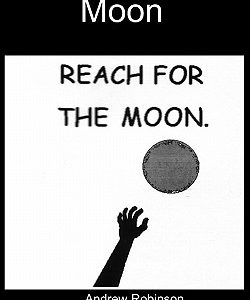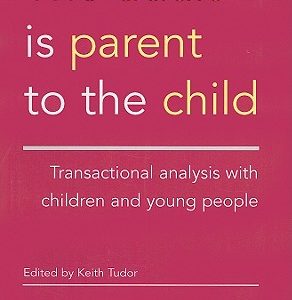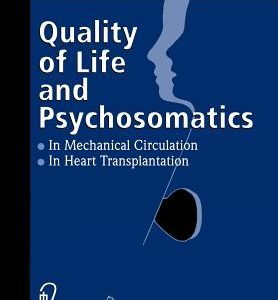We’re All Insane! Second Edition
$13.49
Description
Insanity is being out of touch with reality. Active insanity is clinging to illusions and delusions. Illusions are misperceptions, misconceptions, and mistakes about reality. Delusions are misperceptions, misconceptions, and mistakes about reality that we have evidence against but cling to anyway.Albert Ellis, voted the second most influential psychologist of all time by the American Psychological Association (APA), said of the first edition of We’re All Insane!, “I found it a most unusual book that makes some excellent points, almost all of which I go along with. It sort of brings Alfred Korzybski up-to-date and makes some points which [sic] are not particularly clear in his own writings.”This book helps you to understand how thought becomes a problem when thought replaces reality. You discover enough information and examples to be able to negate thought as reality, which enables you to re-experience “what is.” You can live sanely in an insane world. You just have to choose against the common illusions and delusions of your society and your conditioning. All the common illusions and delusions of the world are constructed through the misunderstanding and misuse of thought.This work is an example of the power of the path of deconstructivism. In contrast to constructivism, deconstructivism frees the heart, soul, and mind to return to their original natures and natural senses. When you clean out the clutter you are burdened with from your constructivistic conditioning, you will find a new “you” and a new world. To be is to be simple. Deconstructivism can help. Eastern philosophy, Existentialism, General Semantics, iconoclasts, and cognitive psychotherapy all make use of deconstructivism to achieve their goals. Be forewarned: If you choose to walk the path of deconstructivism, many will resent your bursting their reality bubbles along the way.If you find the information in this book disagrees with some previous work of the author, you can interpret that to mean the current work supersedes the previous one, because more was revealed to or discovered by the author. Or you might be using a simple two-valued system, some verbalistic dichotomy. As a consequence, you might be finding conflict where none exists–empirically, systemically, and phenomenologically.Consistency of meaning depends on consistency of reference. Words have no inherent meaning, but words must refer to some meaning, else they are just noise. When one changes the referents of words, then the meanings of those words change. A change in context can change the referents of words, making the meaning change too. Two identical phrases, sentences, or groups of words might have different meanings due to such a difference in referents. Thus, people often claim or point out conflict in meaning where there is none. Their mistake is in thinking identical or similar word usage must have identical or similar meaning in all situations wherein they appear. They easily forget that dictionaries list more than one meaning for most words.”Out of sight, out of mind,” does not conflict with “Absence makes the heart grow fonder.” Why? Because the referents of the first saying are preoccupied with the present and therefore forget the past, while the referents of the second saying are dwelling on the past and therefore miss the past. Both are true in context. They contradict each other only if they are forced to have the same referents, because of some misunderstanding or naivete.This book uses the terms “the thing,” “the object,” “what is,” and “the thing itself” when referring to what we perceive when we look outside of ourselves. The object of perception is also known as the percept. What the thing or the object is in actuality is not important to the discussion. However, you may substitute something more concrete, perhaps a tree or a chair, to help you follow the discussions. Please do not confuse “the thing itself” with the thing-in-itself of Immanuel Kant.
Author: Fitzmaurice, Kevin Everett
Topic: Psychology
Media: Book
ISBN: 1976988772
Language: English
Pages: 334
Additional information
| Weight | 1.08 lbs |
|---|---|
| Dimensions | 9 × 6 × 0.75 in |














Reviews
There are no reviews yet.